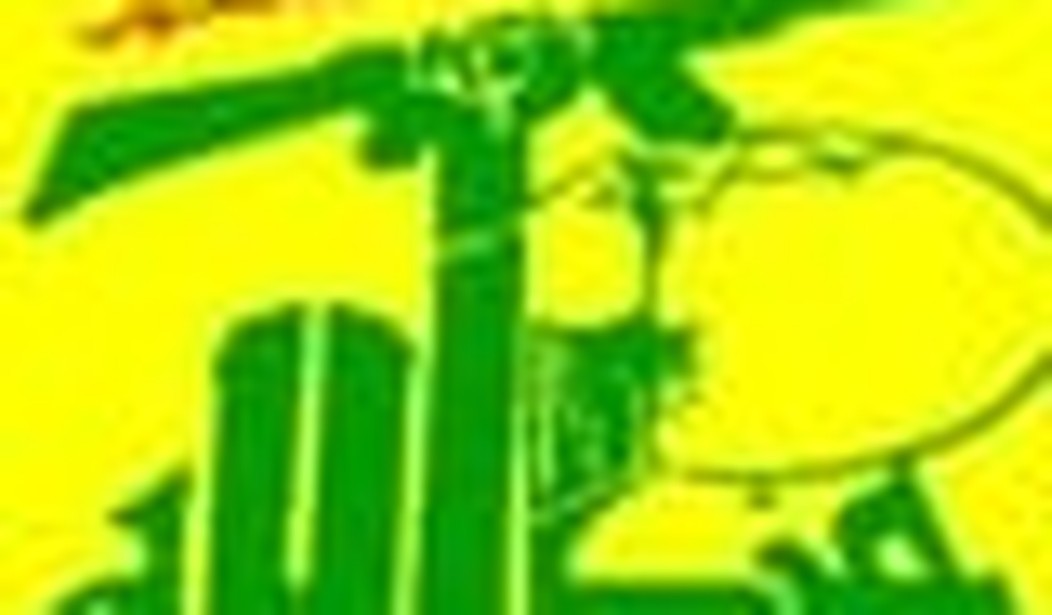Once a key U.S. partner in the Middle East, the Saudis are unhappy with the Obama administration, and thus the United States. They are angry that the White House never consulted them about helping to bring down the Mubarak regime in Egypt. But their greatest wrath is reserved for the U.S. government’s failure to oppose the Iranian regime’s expansionism and subversion.
In one Wikileaks-leaked State Department document after another, Riyadh’s anger is apparent. The “traditionally confrontation-averse” Saudis — as a phrase in one of the reports calls them — also make clear that the threat of force as well as words is necessary to stop Iran. A recently released secret 2009 U.S. State Department memo written for General Petraeus discussed this Saudi view of Iran and U.S. policy toward Iran at length:
The Saudis see a dangerous Shia power bent on destabilizing the region. … They remain concerned that we might be prepared to accept an enhanced role for Iran in the region in exchange for concessions on its nuclear program.
In other words, the Saudis thought the United States might sell them out. The king correctly predicted that the Obama engagement policy toward Iran would fail.
The Saudis described Iran’s power, the spread of its radical Shia Islamist ideology pushing Shia minorities to revolt in Saudi Arabia and Bahrain, and its nuclear program as the main threats to Saudi Arabia. Israel and the Palestinian issue didn’t make the list. In a meeting with U.S. Air Force Lt. General Mike Hostage, Saudi Air Force General Faisal al-Saud “asserted that he had conclusive proof of Iranian involvement in the Houthi insurgency” in Yemen.
In the spring of 2011, Saudi forces arrived in Bahrain, where the U.S. Fifth Fleet is based, to quash a mainly Shia uprising — in part backed by Iran — against the ruling Sunni minority. Additionally, the Saudis didn’t stand idly by as pro-Iranian Houthis (whose slogan is: “God is greatest, death to America, death to Israel, God curse the Jews, victory for Islam”) in neighboring Yemen attacked Saudi forces in 2009. In private, the Saudis were vocal in calling for Israel to strike Iranian nuclear facilities.
Faisal al-Saud offered a parable to show the Saudis’ critical view of U.S. policy toward Iran:
A neighbor’s house bursts into flame, and the closest neighbor [the United States] says he will come to help soon but then doesn’t, citing policy as preventing him, but hoping he will still be considered a very good friend. Meanwhile, others who are not close friends are helping.
In Lebanon, the government was ruled by the pro-Western, pro-Saudi March 14 alliance. That Sunni Muslims, Christian, and Druze coalition was a bulwark against the heavily armed, pro-Iranian Hizballah, and to Iranian and Syrian influence. The Saudis early on appreciated the danger of a takeover by radical forces and the need to do something about it. In 2007, Saudi Ambassador to Lebanon Abdulaziz Khoja told then-U.S. Ambassador Jeffrey Feltman that he doubted “whether the GOL [Government of Lebanon] and the March 14 forces had the strength to sustain the fight over the long term” without significant outside help.
He urged that Washington support a covert program of arming the moderates, telling Feltman: “We must help [March 14 leaders] Saad (Hariri), Walid (Jumblatt), and even (Samir) Geagea with money and arms.” While some Christian and Druze militias trained, they lacked arms. They were in no way as strong as the immensely equipped Hizballah. There is no real trained and equipped Sunni Muslim armed force at all. Apparently, the U.S. government did nothing.
A little over a year later, Hizballah defied the government’s demand to shut down its fiber optic network that some Lebanese leaders claimed was being used to spy on the government and others. In response, Hizballah mobilized its military forces, briefly seized half of Beirut — an easy task since there were few organized Sunni Muslim, pro-government defenders — and attacked the Druze-inhabited Shouf region with artillery and armed units. The martial Druze stopped the advance.
In the middle of this heavy fighting between often ill-equipped pro-March 14 forces and Hizballah, Saudi foreign minister Prince Saud al-Faisal discussed the Saudis’ preferred solution to the situation with U.S. Ambassador David Satterfield. According to the report, Faisal stated:
The effort by “Hizballah and Iran” to take over Beirut was the first step in a process that would lead to the overthrow of the … government and an “Iranian takeover of all Lebanon.”
Faisal wanted an Arab force that would work with UNIFIL, which according to Satterfield “is sitting doing nothing.” NATO and the United States would provide the Arab force with air and naval power. Faisal suggested this would be an “easier battle to win” than fighting Iraqi insurgents or Palestinian Hamas, both groups that the Saudis also saw as enemies of themselves and America.
Satterfield had his doubts about the feasibility of such a plan, and at any rate the U.S. government again did nothing. Faisal’s warnings proved precisely correct. By a mixture of intimidation, bribery, and electoral success that offered some debt to the first two methods, Hizballah toppled the government, placed a friendly prime minister in power, and continued to arm itself with ever more advanced weapons.
The Saudi readiness to respond to Tehran’s moves in the region and willingness to use their money and even armed forces against Iran and its allies provided an example for U.S. policy. When an often quiescent Arab state known for preferring low-profile and checkbook diplomacy sounds the call to put up a fight and take risks because the danger is so tremendous, maybe it knows more than the Obama administration officials in Washington about what needs to be done.









Join the conversation as a VIP Member